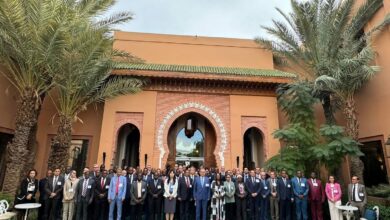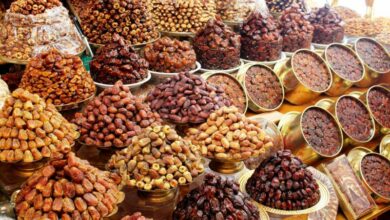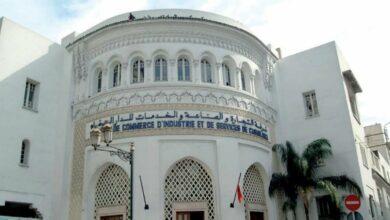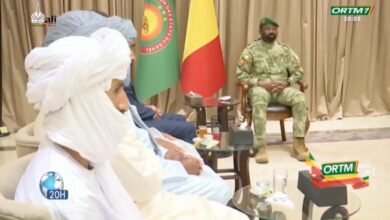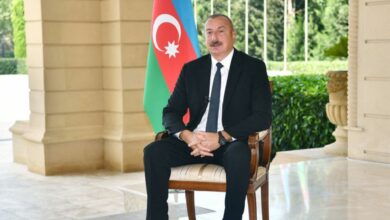Algerian Diplomacy in Washington at a Crossroads: Boukadoum’s Empty Dinner Reveals Deep Isolation
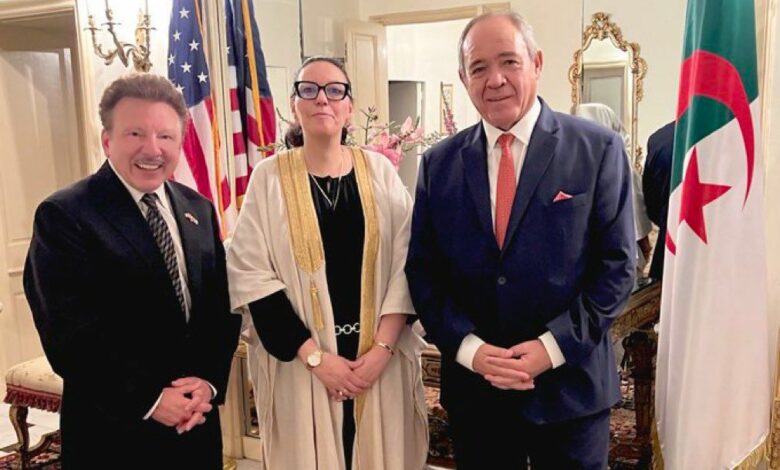
By: ALDAR / Analysis
Reliable sources in Washington have reported that a dinner hosted by Algeria’s ambassador to the United States, Sabri Boukadoum, was met with a notable lack of attendance from members of the diplomatic corps accredited in the American capital. According to the available information, the event was attended only by a handful of Algerian embassy staff and the Tunisian ambassador—while representatives of most major diplomatic missions were conspicuously absent.
Such diplomatic gatherings are usually opportunities to strengthen ties and build bridges with American and international actors. However, the widespread indifference toward Boukadoum’s invitation has sparked a wave of questions about Algeria’s current diplomatic standing—especially amid escalating regional tensions surrounding its foreign policy, from the turmoil in the Sahel, to its deteriorating relations with Morocco, and its growing alignment with powers considered strategic rivals in Washington, such as Russia and Iran.
Sources within Washington suggest that this lack of participation was no mere coincidence, but rather a reflection of the cooling relations between Algeria and several Western capitals—chief among them, the United States. According to international relations experts, this is largely due to Algeria’s frequently hardline stances, which are often perceived as being out of sync with American priorities. This includes its neutrality—or perceived tilt—in the Ukraine conflict, its increasing proximity to Moscow, and its complex relationship with Iran.
Adding to the embarrassment is Algeria’s visible retreat from engagement with major U.S. think tanks, as well as the absence of effective diplomatic initiatives within the halls of the U.S. Congress—at a time when other countries are deploying calculated lobbying strategies to advance their political narratives.
In stark contrast, Moroccan diplomacy in Washington has been markedly active. The Moroccan embassy is frequently seen at political functions, economic forums, and high-level bilateral meetings with U.S. officials. This dynamic presence has contributed to a starkly different perception of Moroccan foreign policy when compared to Algeria’s. Some analysts link this growing divergence to shifting regional power dynamics, especially after the increasing number of countries recognizing Morocco’s sovereignty over Western Sahara, and Washington’s clear endorsement of Morocco’s autonomy plan. These developments have left Algeria increasingly isolated—even within certain African and Arab circles.
The current situation in Washington prompts a deeper question: will Algeria’s leadership reassess its international engagement strategy? The country’s adoption of a “new non-alignment” policy has so far yielded limited diplomatic gains. Clinging to rhetoric centered on resistance and regional escalation—without effective and well-crafted diplomatic tools—may only deepen its marginalization, particularly as rising African powers gain broader international favor.
While Boukadoum’s dinner incident may seem trivial on the surface, it underscores significant diplomatic undercurrents. It is emblematic of a political isolation that is gradually taking shape in global decision-making centers. This raises major questions about Algeria’s future role in the international order, especially as domestic criticism intensifies and its global influence wanes. Meanwhile, Morocco continues to consolidate its strategic partnerships, leaving Algeria at a crossroads: adapt and evolve, or risk geopolitical erosion.

